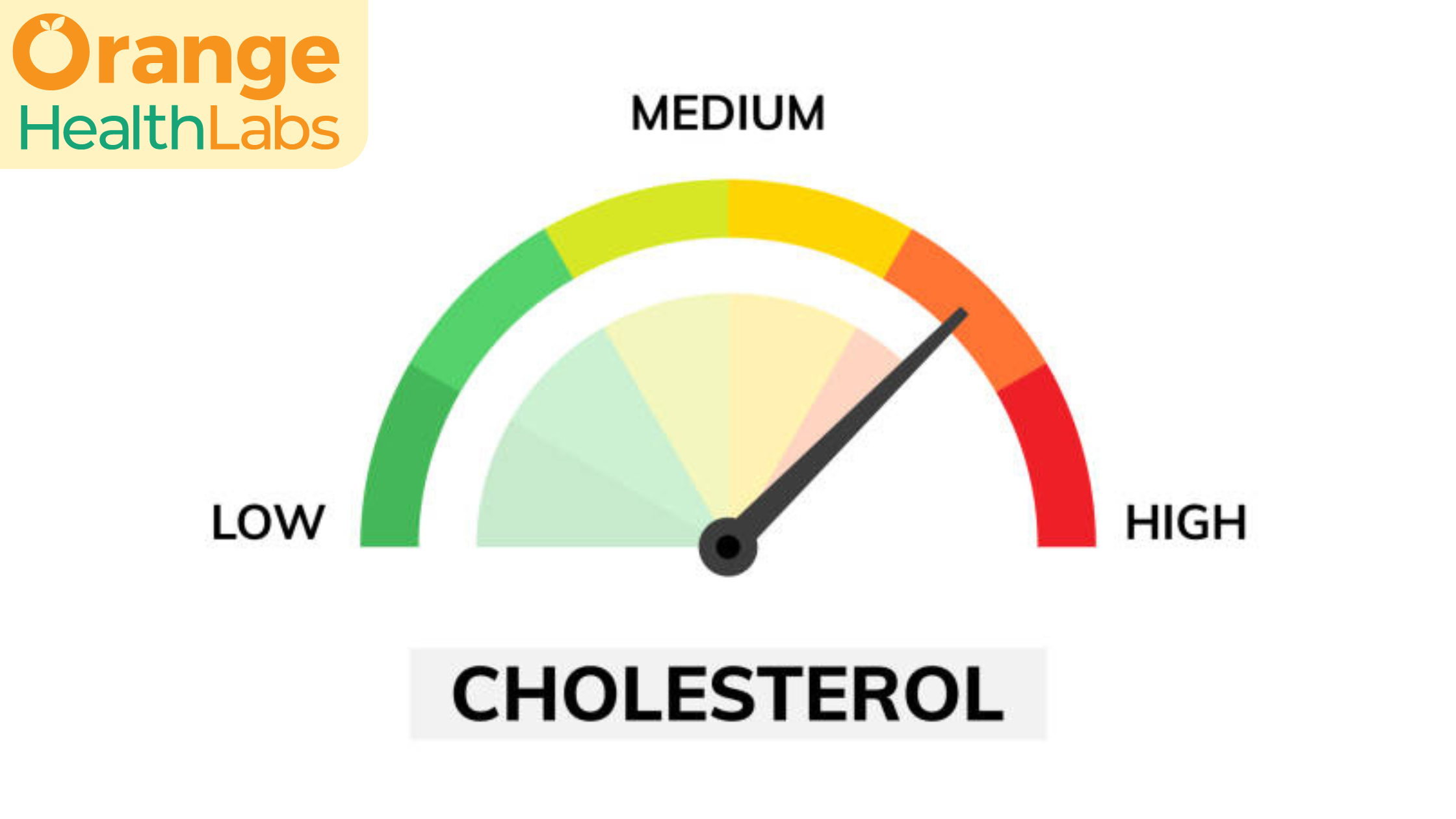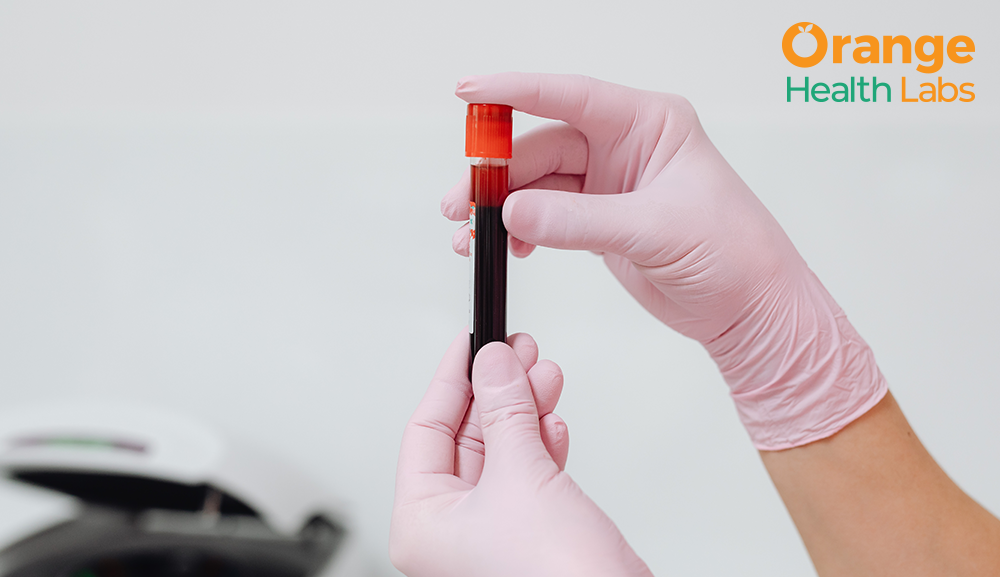Search for tests or checkups
SupportConnection Between Stress and Lipid Levels: How Lipid Profile Test Helps

Stress is an inevitable part of our modern life and can be triggered by various factors in our day-to-day lives. While occasional stress can give us a push to do better, continuous stress can have damaging effects on health. One of the lesser-known effects of stress is its impact on lipid levels In India, more than half the deaths from heart disease occur before the age of 50 years and about a quarter of heart attacks occur before the age of 40 years. One major cause of this early risk is imbalanced lipid levels that can lead to cardiovascular diseases.
In cities like Bangalore, where lifestyle changes happen rapidly, heart diseases are also on the rise. Given this trend, it’s essential to understand the importance of getting a cholesterol test price in Bangalore regularly. Taking this simple step can help in catching potential health issues early for a healthier future.
Understanding Stress and Its Effect on Lipid Levels
Stress can be defined as the mental state of worry when you face a tough or tense situation. It’s a normal bodily response that helps us deal with the challenges in our lives. However, if you’re constantly panicked and overwhelmed, you might be experiencing chronic stress. This ongoing stress may lead to various health problems such as imbalance in your lipid levels which include total cholesterol, low-density lipoprotein (LDL) cholesterol, high-density lipoprotein (HDL) cholesterol and triglycerides.
Here’s how stress can negatively affect your lipid levels:
- Decreased HDL cholesterol: Stress may lower the levels of HDL cholesterol, also known as good cholesterol, in your blood. HDL helps move LDL or bad cholesterol from the bloodstream and transports it back to the liver. Higher levels of HDL are considered good for your heart.
- Increased LDL cholesterol: Stress may increase levels of LDL or bad cholesterol. LDL can build up in your arteries and form plaque, which later contributes to the risk of heart disease.
- Elevated Triglycerides: Stress might also increase triglycerides, another type of fat in your body. Increased levels of triglycerides further increase the risk of heart disease.
This imbalance in your lipid levels might lead to severe heart disease or metabolic disorders if not diagnosed in time.
Importance of Regular Lipid Profile Testing
Regular monitoring of lipid profile can identify the key indicators of cardiovascular risk and has the following benefits:
- Early Detection and Risk Assessment: Identifies high cholesterol and cardiovascular risk factors, and evaluates the risk of atherosclerosis, heart attack, and stroke.
- Progress Monitoring: Tracks effectiveness of treatments and lifestyle changes.
- Treatment Adjustment: Helps refine diet, exercise, and medication plans.
- Prevention: Allows you to take preventive measures to lower cholesterol and reduce heart disease risk. Also promotes awareness of inherited cardiovascular risk in families, thus allowing preventive measures to be taken as a family.
- Personalized Care: Enables tailored healthcare based on individual risk profiles.
- Motivates Healthy Habits: Encourages diet and lifestyle improvements.
- Early Intervention: Facilitates timely actions to prevent cardiovascular events.
You can monitor your lipid levels with a regular Lipid panel test in Bangalore to help identify lipid level abnormalities early. For added convenience, you can also opt for a Lipid profile test at home.
Effective Stress Management Tips
Just understanding that stress increases cholesterol levels is not enough; learning how to manage stress is equally important. Here are a few tips to help you manage your stress:
- Eat a balanced diet: Focus on incorporating a variety of fruits, vegetables, and whole grains in your diet.
- Get adequate sleep and rest: Aim for seven to eight hours of sleep daily to help regulate your stress. Make sure to take rest even when you are working so that you don’t get burnt out.
- Exercise regularly: Make sure to exercise regularly, even if it’s a quick walk.
- Meditate: Mindful practices such as meditation, yoga or stretching can help in de-stressing after a long day.
- Stay connected: Make sure you keep in touch with your family and friends to support your mental health.
If you ever feel overwhelmed or unsure about managing stress, don’t hesitate to reach out to your healthcare provider for personalized support and guidance.
In conclusion, managing stress effectively is necessary for maintaining balanced lipid levels and overall health. Regular monitoring of lipid levels through a Lipid test in Bangalore can help you detect early signs of imbalances and allow you to get treatment. By staying on top of both your stress and your health check-ups, you can protect your heart and stay healthy.
Book Lipid Profile Test from Your City: Lipid Test in Mumbai | Lipid Panel Test in Hyderabad | Lipid Profile Test in Delhi | Lipid Test in Noida | Lipid Profile Test in Gurgaon

What Is Blood Routine Examination & What Are the Benefits of Regular Blood Tests?

Fasting for a Blood Test? Here’s Everything You Need to Know
